Some more examples of udpx driving a 968 RGB Led matrix:
udpx consists of two parts at the moment, both open source:
- udpx Firmware
- Android application
The Android application generates UDP requests to the firmware. Every request is a full frame refresh of the video. But also the application is used to tell the Firmware what are the WiFi credentials via Bluetooth and to discover online Firmware's using multi-cast DNS.
That way we want to use the full feature circle of the Espressif 32 proving that IoT should be not hard to use and setup. Without complex WiFi manager access points. Just sending a fast Bluetooth push with your credentials and the firmware should be online.
A PCB is on it’s final design state. Our colleague Samuel, who created also the udpx Pixels protocol, designed it and it’s also open source like all the components of this project.
 Martin Fasani
Martin Fasani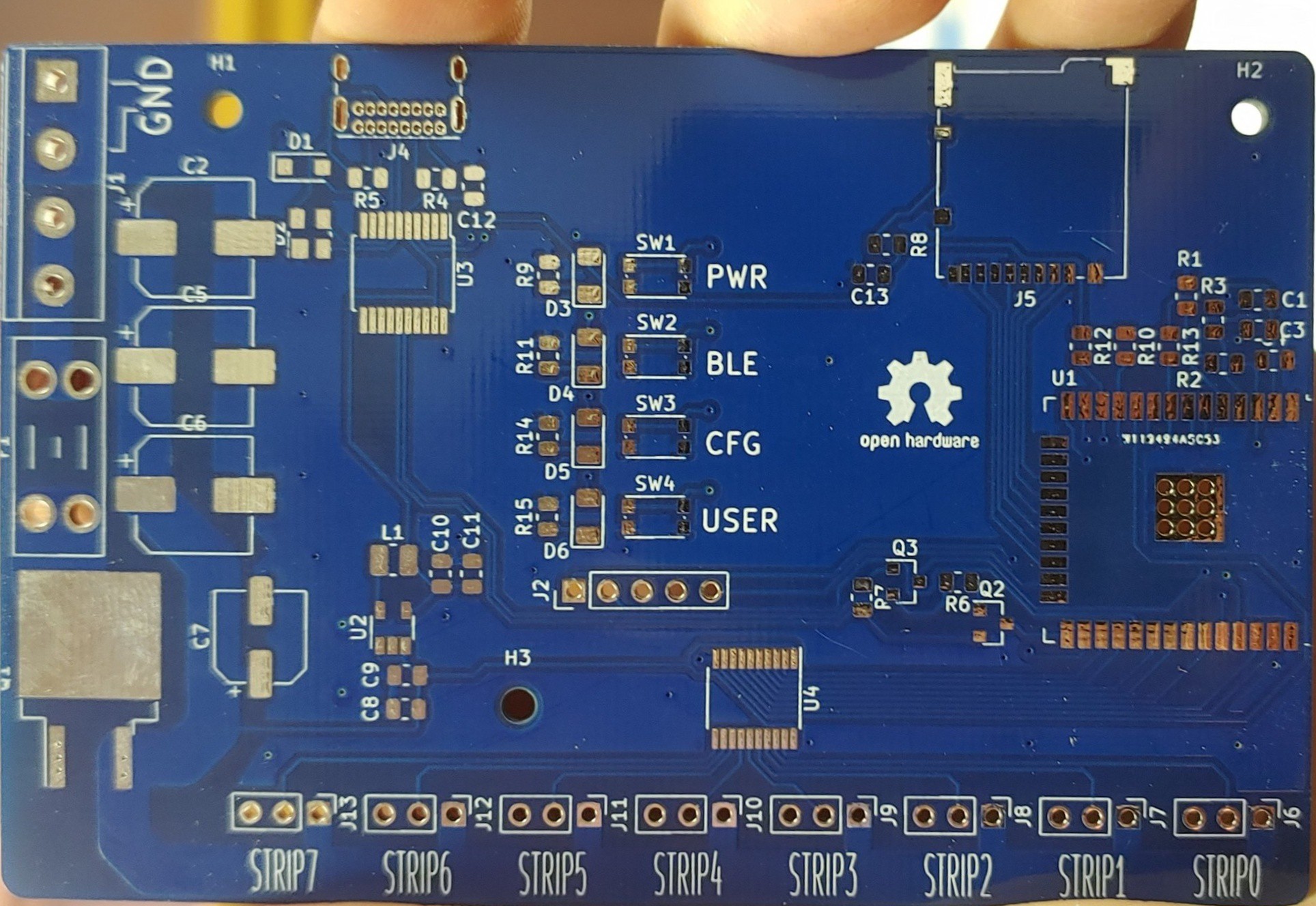
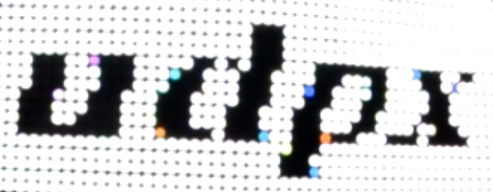

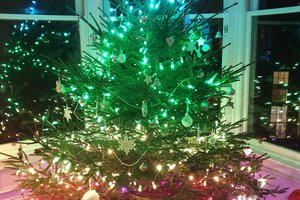
 leo.currie
leo.currie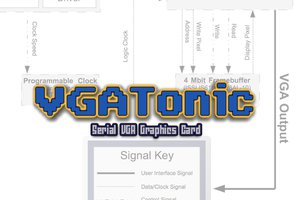
 PK
PK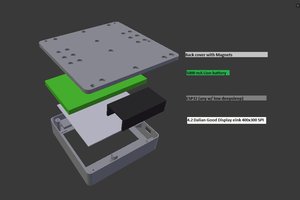
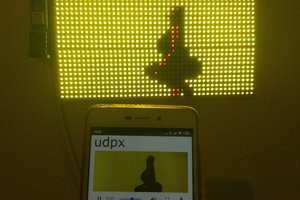
Thanks for liking the project @Hendrik Putzek Maybe we can get Samuel on the boat too?